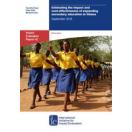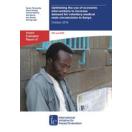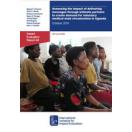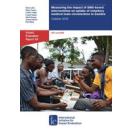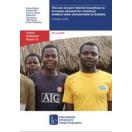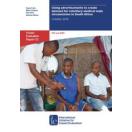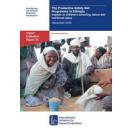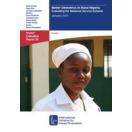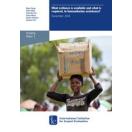Making evidence accessible
.jpg)
As part of our mandate as a knowledge producer and translator for our main audiences, we maintain a range of free online publication series: briefs, impact evaluation reports, systematic review technical and summary reports, replication papers, evidence gap map reports, scoping, and working papers.
Latest publications
